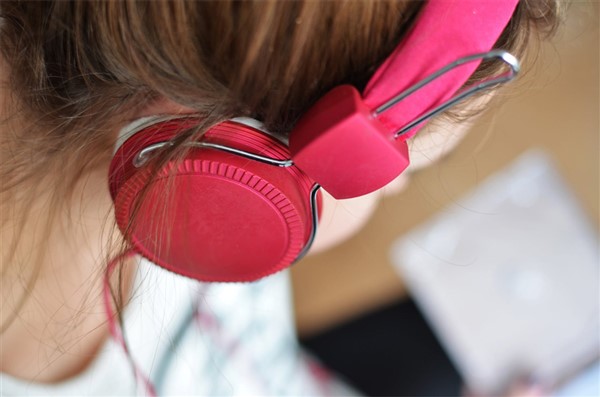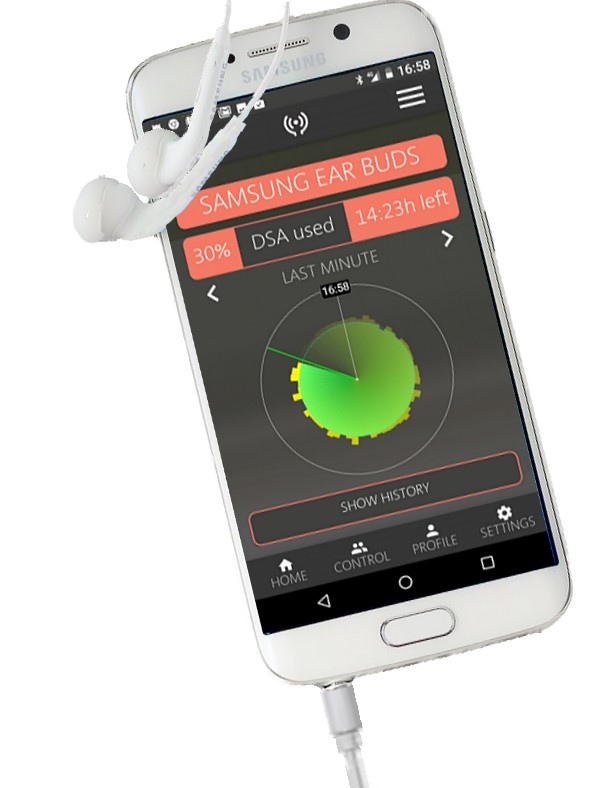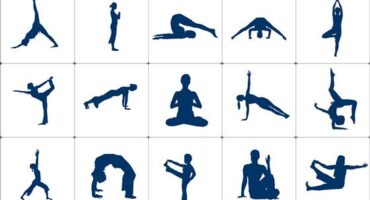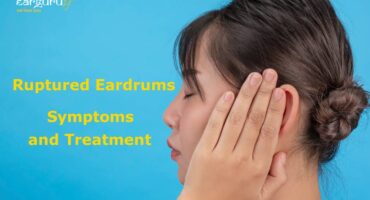For millions of years our hearing has enabled us to communicate and stay safe.
About 150 years ago the loudspeaker was invented. We started to listen to reproduced sound. In the last 15 years there has been a dramatic increase in smartphones and digital media. Most of which is best consumed wearing headphones. Unfortunately, evolution has not caught up. Our ears are like those our ancestors had millions of years ago. They are not designed to listen to four or five hours of electronic dance music every day.
The Challenge
None of us want to stop you using headphones. But until evolution catches up we need to adapt to this recent increase in sound dose. And to do that, we need to be aware of our exposure, so we can make informed decisions about it and protect our hearing.
The Science Bit
Human beings have about 15,000 auditory hair cells in each ear at birth. You don’t get any more and when they are gone they are gone – and so is your hearing. Regular, repeated exposure to large sound doses can cause irreparable damage to the hair cells within our ears. This damage can take a long time to show up.
So, what is a sound dose? A sound dose is a complex calculation. It takes into account how long you listen for, how loud you listen and the energy content of what you listen to.
For example; speech is low energy content. You can listen for a long period at a high volume without experiencing a very high sound dose.

But, electronic dance music has a high energy content so will give you a large sound dose in a shorter period.
As a result of high profile campaigns the majority of headphone users are now aware of the risks. Yet, few of them take action. Until recently, the only tool available has been a volume level warning on their device. If obeyed makes the content inaudible in many listening situations.
Trains, for example, can be so loud that many users ignore their device’s warning. They compensate by turning their volume to a damaging level. Long term, this will damage your hearing for good.
The Solution

We don’t want, nor could we, stop headphone use, but we can be smart about it. We can manage our daily exposure to make sure that we don’t overdo it and that if we do, at least we will know about it.
- Download a hearing safeguarding app for your headphones. For example, HearAngel will give you information on your exposure. Much like a FitBit monitors your physical activity. The app will let you know when you are overdoing it and you can make informed decisions. There is also optional automatic protection and parental control. So, you can safeguard your children’s hearing.
2. Consider the headphones you use. If you listen on public transport, upgrade your ear buds to good quality ‘over-ear’ headphones. The sound quality will usually be better. The over-ear cups will reduce the background noise. So, you can listen at a lower level, extending your safe listening period.
3. If you travel on noisy public transport buy some active noise cancelling headphones. These headphones use clever electronics to reduce the background noise. This allows you to further reduce your listening level. And extend your safe listening period.
Please don’t sleep walk into hearing loss. It takes a while to become noticeable. But when you do notice it the damage is already done; it’s permanent and it is too late. Use the technology that is available to help you to protect yourself. Most of all, enjoy your listening.
#pleaselistencarefully

ABOUT THE AUTHOR
Stephen Wheatley has spent six years creating occupational hearing protection solutions and is one of the founders of HearAngel – a smartphone app that helps you protect your ears from damage while using headphones.
Web: www.hearangel.com Facebook: Hearangeltech Twitter @hearangel-tech



